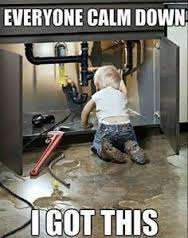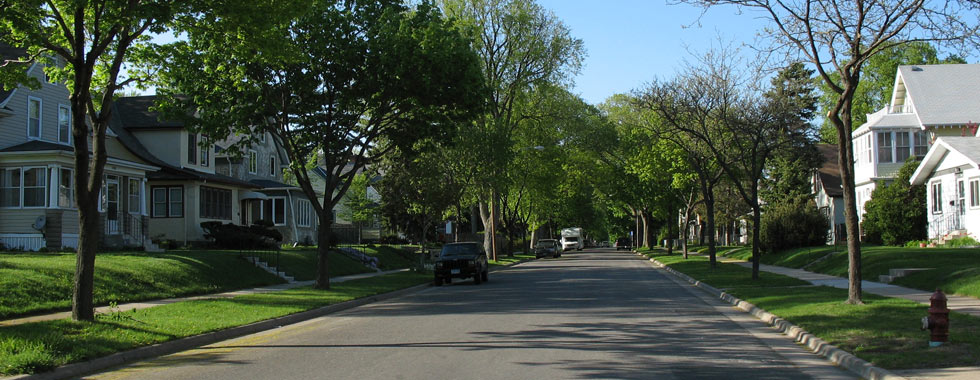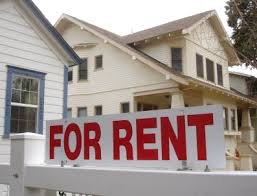Investment rental property is becoming as common a way for people to grow their wealth as stocks and mutual funds.
The income and tax benefits from rental properties have many people attracted to this type of investing. The part that most people find unappealing though (after they become knee deep in owning a few rental properties), is the property management. Most investors love the income, but they don’t like being landlords. Being a landlord requires a certain kind of person that many investors don’t want to be (or know how to be). It requires a lot of customer service skill, time management, and sometimes, a thick skin. If being a landlord is not your idea of heaven and you would rather just own the rental properties, but not manage them, then you need to know what to look for in a good property manager.
Many investors don’t want to spend their income on a seemingly medial task like property management.
To be clear, a good property manager can make (or break) a rental portfolio. A good property manager is worth the money they save in vacancies and repairs caused by the wrong tenant getting in your rental property.
Many real estate agents do property managing as a side business to their main income of selling real estate. If that agent has to choose between the two, in my experience, most will put their time and attention towards the selling side of their business and let their management business lapse. They make more money (with less work) selling properties than managing rentals. That’s why we suggest finding a management company that is a property manager as their primary business. This will assure that they are giving your rental properties the proper attention. As an extra level of comfort, find a manager that manages their own portfolio as well. Managers that manage their own rentals can get hit in the wallet as fast as the client, so they are more careful in their managing practices.
Speaking of your wallet, some managers will charge a set percentage of the rent per month for managing rental properties. This is a normal way of setting the price of managing. What many landlords don’t see is the managers contract says they get paid whether the rental property is occupied or not. Make sure the contract says the manager gets a percent “of all rents collected”. That way, if you don’t get paid, they don’t get paid.
Part of a manager’s job is to handle maintenance problems when they arise unless the landlord says otherwise.
We have personally be burned on this one many times. The manager says they sent a handyman out and charges you for the repairs plus a “supervision fee” for supervising the contractor. They never expected us to go to the property and verify the work was done. We found out the tenant called for weeks to get repairs done and no one ever showed. In this case, it was a leak that was spilling onto 1960’s original hardwood.
When there are repairs that require a handyman, make sure they take picture of the before and after of the repair. This will keep the manager and the handyman honest. If you like doing that kind of work, EVEN BETTER! You do the repairs as the “handyman”. You can inspect the house without anyone knowing you own the house and you can tell the manager to drop that “supervisor fee”.
Speaking of fees, most property managers may ask for half the first month’s rent from any new tenants that they bring in or that they keep any late fees from late tenants. Many will ask for a reserve fund to put in escrow for any repairs that they need to deal with if you are not available. After that, anything else should be optional. Unless they give a good reason for the fees, the above mentioned should cover:
- Finding, screening and move-in process of tenants
- Collecting rents
- Sending out statements
- Evicting tenants
Calling any pro services needed to fix the house. The reserve will usually cover the cost of repairs (unless an insurance claim is required) and the next month’s rents will refill the reserves before they send you the rest.

The property manager you select should have a knowledge of the fair housing act. This may sound like that falls on them if housing rights are violated (after all, they put the tenant in the house), but they don’t. They work for you as an “agent”. Look at the management agreement again. Most management agreements will have it written that they are void of responsibility of fair housing violations. If a violation is committed, they come after the landlord… you.
There is a better way to get a good rental portfolio that does not require you to “manage the manager”. Call us at Double D property Solution to find out more about the new way to manage rental properties that gives the landlord more security and peace of mind. We have our own rentals that we take care of. We understand fair housing laws and we have a track record that proves our great relationship with our tenants and investors.
Call us now, advise is free


